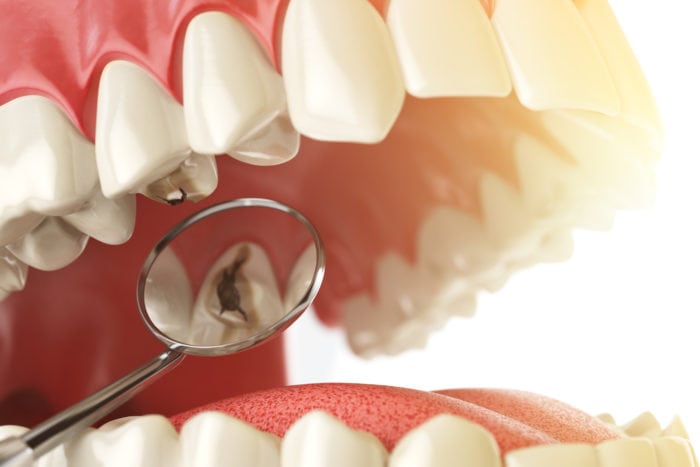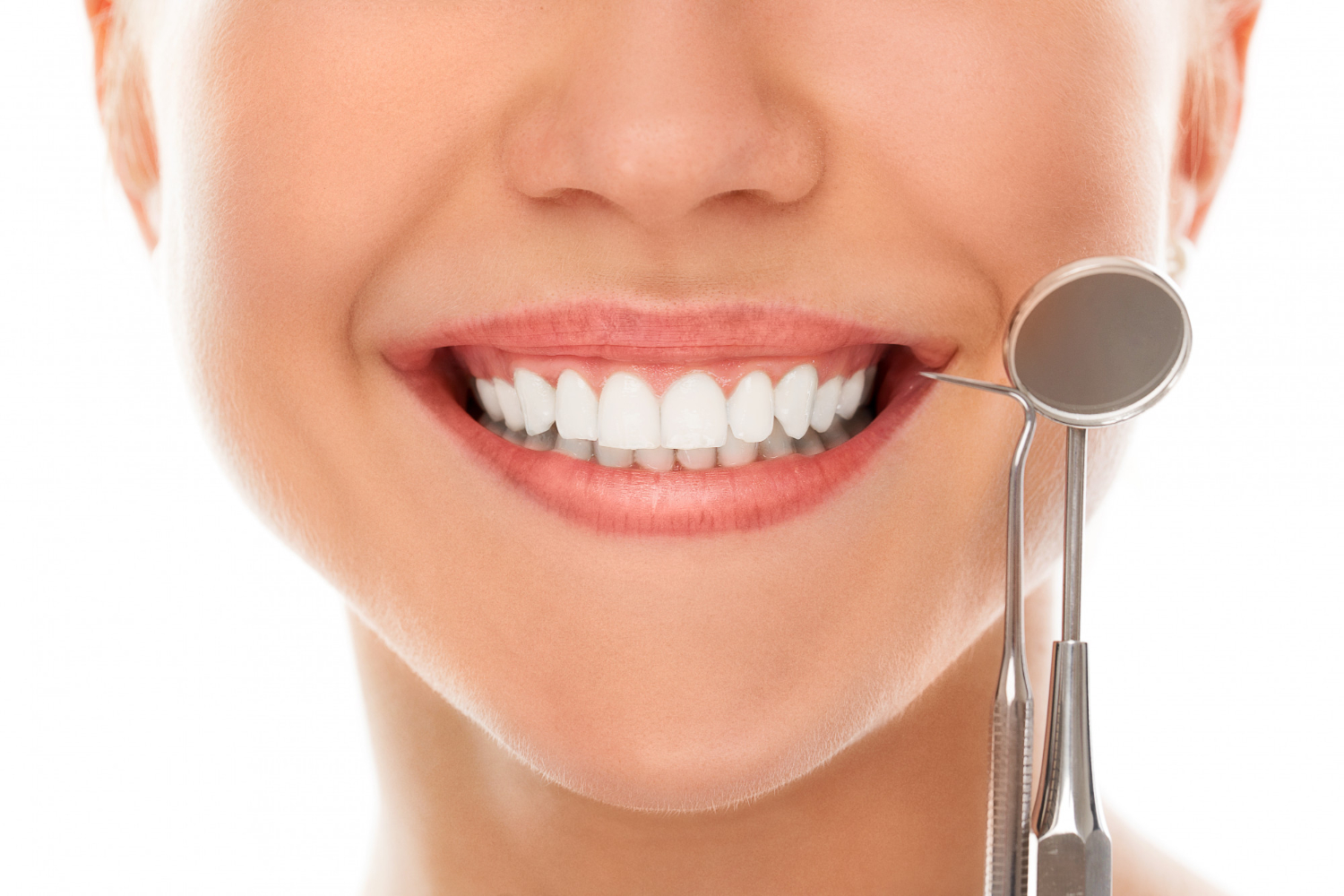Dental cavities, also known as caries or tooth decay, are one of the most common oral health issues affecting people of all ages. They can cause discomfort, pain, and even lead to tooth loss if left untreated. However, the good news is that cavities are largely preventable with proper oral care and a few lifestyle adjustments. In this comprehensive guide, we will discuss various strategies and techniques to prevent dental cavities and maintain a healthy smile.
Understanding Dental Cavities
Before we delve into the tips for cavity prevention, it’s important to understand what dental cavities are and how they develop. Dental cavities are essentially holes or openings in the hard outer surface of your teeth, called enamel. These cavities are the result of a process in which bacteria in your mouth produce acids that erode the enamel over time. Common causes of dental cavities include poor oral hygiene, a sugary or acidic diet, and inadequate fluoride exposure.
Preventing Dental Cavities: Tips for a Healthy Smile
Now, let’s explore the key strategies to prevent dental cavities and maintain a bright, healthy smile.
Practice Good Oral Hygiene:
The foundation of cavity prevention is maintaining good oral hygiene. This includes:
Regular Brushing: Brush your teeth at least twice a day, preferably after meals. Use fluoride toothpaste and a soft-bristle toothbrush. Be sure to brush for at least two minutes to effectively remove plaque and food particles.
Floss Daily: Flossing helps remove debris and plaque from between your teeth and along the gumline. Make it a daily habit to keep these areas clean.
Use Mouthwash: Rinsing with an antimicrobial or fluoride mouthwash can help reduce bacteria and strengthen tooth enamel. Incorporate this into your daily routine.
Dietary Choices:
Your diet plays a crucial role in preventing cavities. Be mindful of what you consume:
Limit Sugary Foods and Drinks: Sugary foods and beverages can promote the growth of cavity-causing bacteria. Minimize your consumption of candies, soda, and other sugary treats.
Balanced Diet: Consume a balanced diet rich in fruits, vegetables, and whole grains. These foods provide essential nutrients for strong teeth and gums.
Drink Water: Water is not only essential for overall health but also helps wash away food particles and acids from your mouth.
Chew Sugar-Free Gum: Chewing sugar-free gum can stimulate saliva production, which helps neutralize acids and protect your teeth.
Fluoride and Dental Sealants:
Use Fluoridated Products: Fluoride is a mineral that strengthens enamel and helps prevent tooth decay. Ensure that your toothpaste and mouthwash contain fluoride.
Consider Dental Sealants: Dental sealants are thin protective coatings applied to the chewing surfaces of molars and premolars, sealing off the grooves where cavities often start.
Regular Dental Check-Ups:
Regular visits to your dentist are crucial for cavity prevention. Your dentist can:
Detect Cavities Early: Regular check-ups allow your dentist to catch cavities in their early stages, making them easier to treat.
Professional Cleanings: Dental professionals can clean your teeth more thoroughly than you can at home, removing plaque and tartar buildup.
Personalized Advice: Dentists can provide personalized advice on your oral care routine and suggest additional preventive measures.
Fluoride Treatments:
If you are at a higher risk for cavities, your dentist may recommend fluoride treatments. These treatments involve the application of a highly concentrated fluoride solution to your teeth, which helps strengthen the enamel and make it more resistant to acids.
Saliva Production:
Saliva plays a natural role in protecting your teeth. To promote saliva production:
Stay Hydrated: Drink enough water throughout the day to keep your mouth moist.
Chew Sugar-Free Gum: As mentioned earlier, chewing sugar-free gum can stimulate saliva flow.
Use Dental Appliances Carefully:
If you wear braces, retainers, or other dental appliances, it’s important to maintain them properly and follow your orthodontist’s instructions for cleaning and care.
Quit Smoking:
Smoking and tobacco use can lead to a higher risk of cavities, gum disease, and other oral health issues. Quitting smoking is a significant step toward a healthier smile.
Limit Alcohol Consumption:
Excessive alcohol consumption can also contribute to oral health problems. Moderation is key.
Conclusion
Preventing dental cavities and maintaining a healthy smile is within reach for everyone. By following these tips and making oral hygiene a priority, you can significantly reduce your risk of developing cavities. Remember that early prevention is always easier and less costly than treating cavities once they have formed. Regular dental check-ups, a balanced diet, and good oral care practices will keep your smile bright and your teeth strong for years to come.




